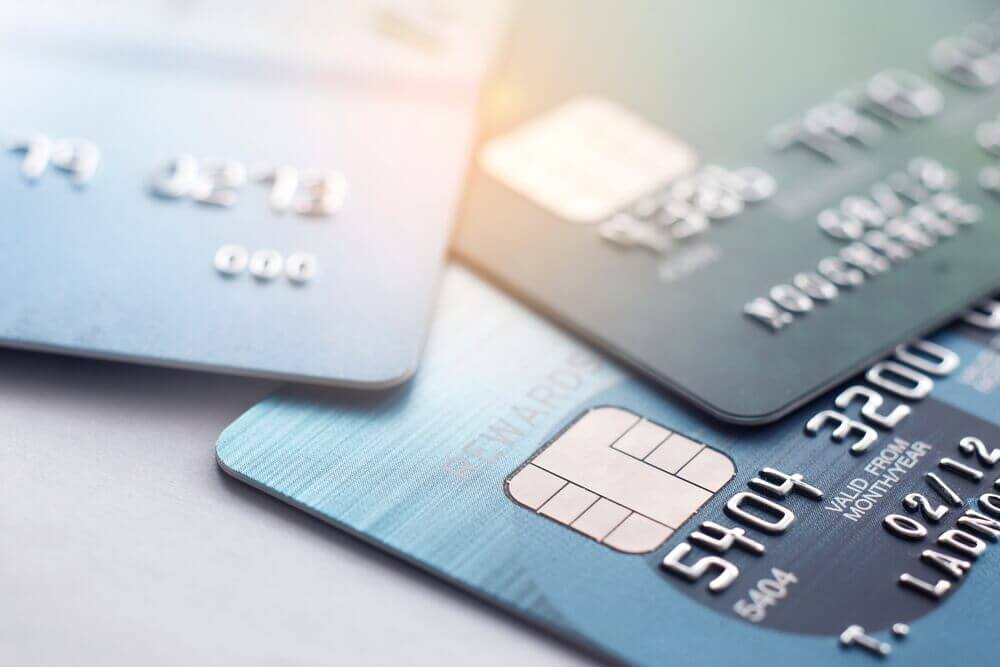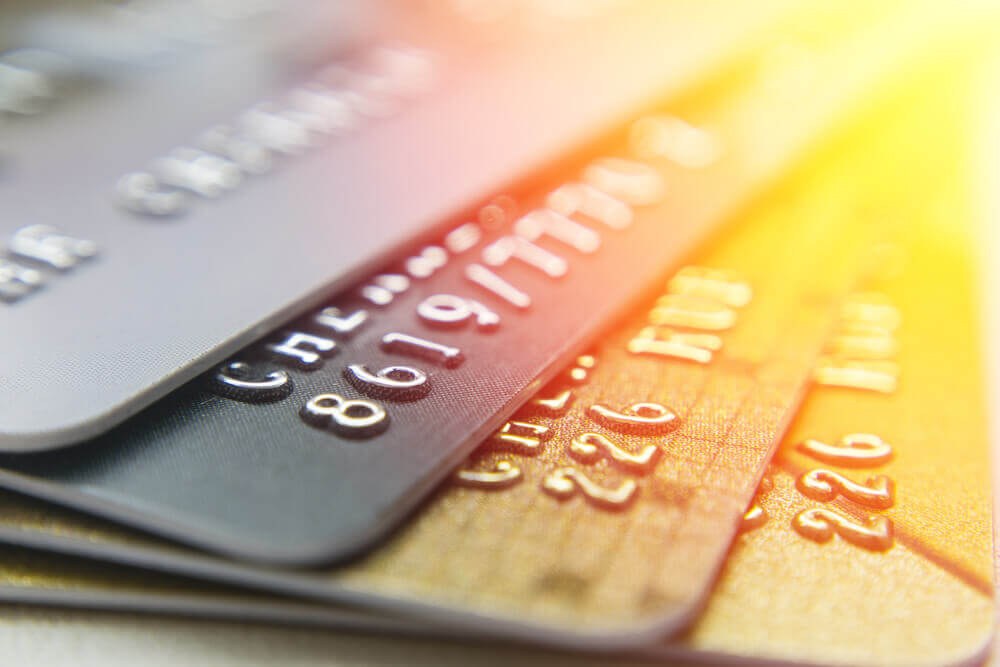
Credit Cards and Why You Should (Or Shouldn’t) Have Them
Credit cards are plastic cards that let you access your issuer’s credit limit. You can borrow money from the bank at any point only if you pay back within an agreed timeframe.
Similar to loans, your creditor will demand fees if you pass the deadline without paying.
No matter how easy it may see how people handle their credit cards, managing isn’t as simple as swiping.
Credit Limits
Here’s an example: if you have a $1000 credit limit and you make a $50 purchase, you’ll have $1050 available credit. This would continue crawling down even until you reach 0, which comes with a penalty.
You can continue spending your credit limit and repaying in accordance to the rules you set with your provider. These usually entail making payments on time.
Being “on time” means having a grace period, which is typically between 20 and 25 days. Going past this limit demands a fee or financial charges based on interest rates and your balance.
While the grace period may seem short, banks don’t insist on demanding for payment all at once. They ask for minimum payments at the due date to avoid charges.
Interest rates are based on market interest rates, credit card history, and what type of credit card you have. Having a good credit history gives you lower interest rates.
Keep track of your credit limit with a billing statement given each month.
Should You Have It?
Investing in credit cards could make or break your future finances. Therefore, you should consider both the benefits and downfalls of having them so easily accessed.
Before you decide on having one or not, weigh these in by what you get and what you can lose:
PRO: Convenience
You can pay bills much more comfortably than with checks, like insurance and college tuition.
If your paycheck doesn’t come once per month, you can pay fixed expenses in intervals with credit cards, too. These add to your credit score, even when you make a lot of purchases with credit.
Depending on the bank, paying with credit gives you rewards you can use if you consistently pay back on time.
CON: Potential Debt
Once you get into debt from credit card bills, it’s hard to get out. Your income will reduce each time you get in debt since you’ll need to pay for them before yourself.
Credit cards tend to make you spend more than your limit. Interests and fees pile onto this if you don’t pay it immediately.
You’ll need to check your account regularly to ensure you haven’t gotten a negative balance.
PRO: Paying in Intervals
Speaking of, you can use credit cards for purchases you can’t pay immediately. This allows you to pay the full amount at different times until a designated deadline.
This means you can pay back with small amounts of money, at least until your balance is paid in full. Most issuers will give you enough time for this with your income in mind.
CON: Complacency
Your credit card is made to issue debt on other people. The more you use your credit card without paying it back; your debt can keep growing.
Not only that, paying only the minimum payments each month will push your debt to get higher. Your credit score will drop, which can affect both your purchases and your professional life.
 PRO: Withholding for Billing Errors
PRO: Withholding for Billing Errors
You have the right to dispute in writing for errors in your billing statements. You don’t have to pay for things you didn’t spend until the issuer’s investigation proves you wrong.
With this, comes the assurance to get the money you’ll lose for the purchase you didn’t personally issue.
CON: Interests and Fees
Making late payments and market interest automatically affects much of your credit card usage. This can cost you most of your income if you’re not careful.
Fees will get added to your balance, which dominoes into charged interest.
To avoid this, understand how compounding interest works while continually checking on your billing period.
PRO: Security
It’s much better to issue credit cards than using checking methods. Those who have access to your checking account can spend whatever’s in there.
With credit cards, fraud can get caught more sufficiently, and the bank can replace the funds you lost.
CON: Credit Card Fraud
Despite reduced likeliness with fraud, taking your identity is still possible with credit cards. Thieves can hack into a company’s information network to steal information from customers for fraudulent purchases.
PRO: Introductory Rates
For at least six months, your card will come with 0% interest on purchases and balance transfers. In this grace period, you can return your expenses without worrying about fees.
CON: Irresponsible Use
The seventh month will transition into what could be a lifetime debt. If used irresponsibly, this can prevent you from issuing loans with bad credit scores that add on every month.
Additionally, using credit cards for more than you can give back can prohibit you from making emergency purchases. Urgent repairs, expenses, and financial problems can get hard to get by, especially if you have a bad credit score.
Otherwise, the right credit card, when used properly, can solve this problem.




